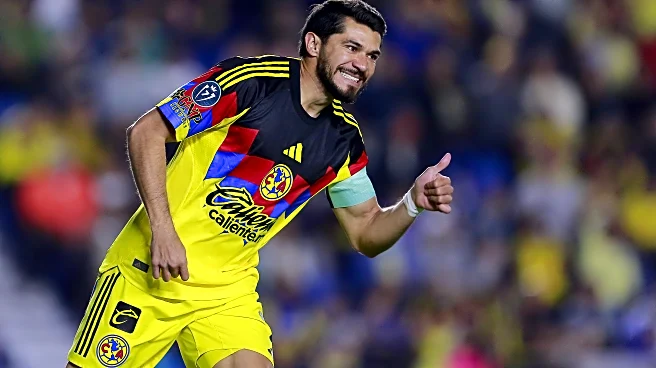What's Happening?
The G7 finance ministers, including representatives from the EU, the United States, and Japan, discussed the potential use of frozen Russian assets to support Ukraine's financial needs. The EU proposed deploying €140 billion of these assets as a zero-interest 'reparations loan' to Kyiv. However, the final communique from the meeting did not commit to joint action, instead listing the use of Russian assets as one of several options under consideration. The White House is urging the EU to utilize its stock of Russian central bank reserves, but has not yet decided on using the $7 billion it holds. Japan remains cautious but may follow the U.S. lead.
Why It's Important?
The discussion reflects ongoing international efforts to support Ukraine amid its conflict with Russia. Utilizing frozen Russian assets could provide significant financial aid to Ukraine, potentially influencing the conflict's dynamics. However, the lack of a unified commitment from the G7 highlights the complexities and legal challenges involved in such actions. The decision could set a precedent for handling frozen assets in international conflicts, impacting global financial and diplomatic relations. The outcome of these discussions could affect geopolitical stability and economic policies in the involved countries.
What's Next?
The next G7 finance ministers' meeting is scheduled for October 15 in Washington, where further discussions on Ukraine's financial support are expected. The EU's proposal requires acceptance from all member countries, and ongoing negotiations will determine the feasibility of using Russian assets. The international community will be watching closely for any shifts in policy or new commitments that could influence the conflict and global economic relations.











